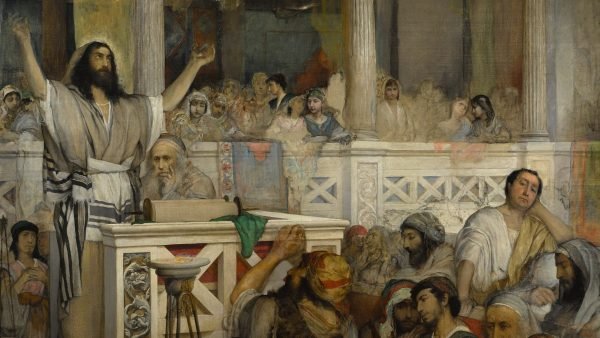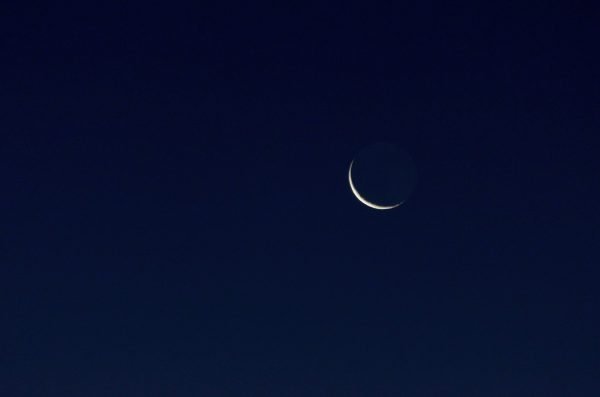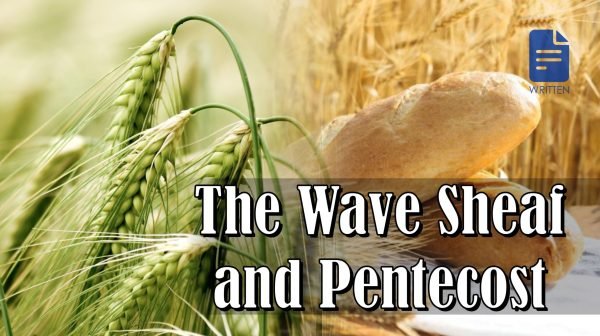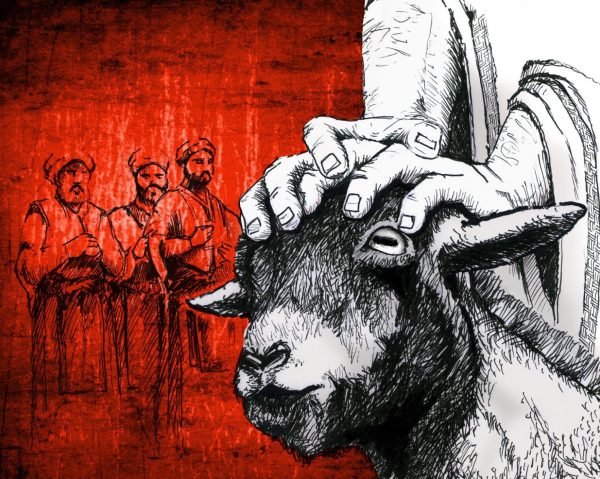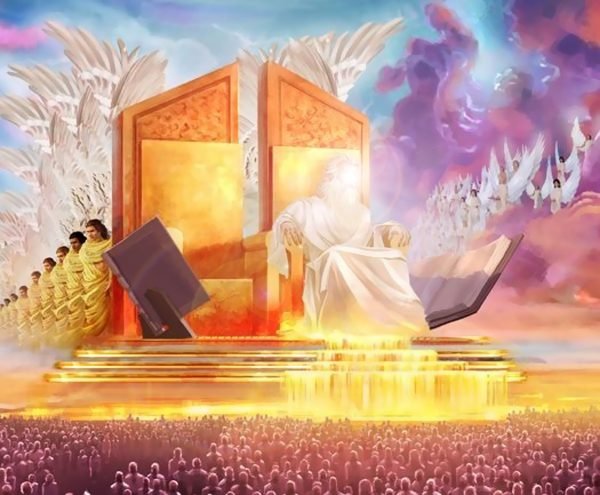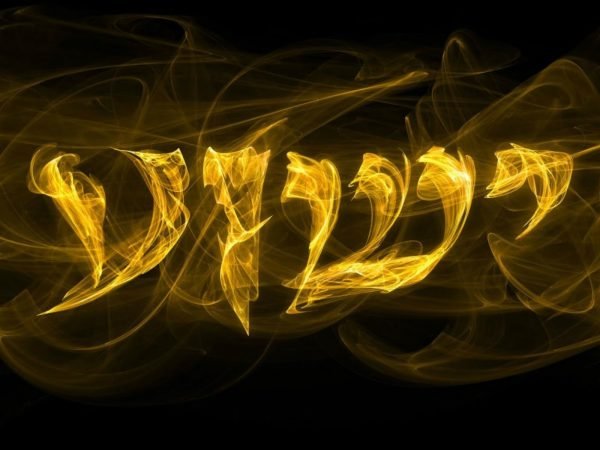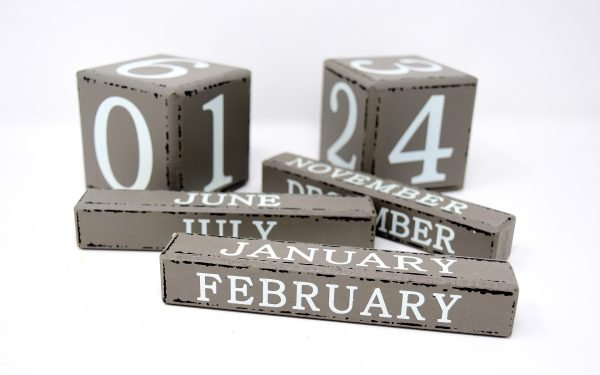
Chapters of The Torah Calendar:
Why the Torah Calendar?
The Jews have an ancient saying—that whoever’s calendar a man keeps, that is who he worships. If we will reflect on this saying for a little while, we should be able to see that it is…
About Calendrical Drift
About Calendrical Drift gives evidence that Yeshua HaMashiach and His disciples all kept the written Torah in the first century, how calendrical drift occurred over time from the original Torah Calendar, and why it is necessary…
The Sabbath (Shabbat)
The Fourth Commandment is the command to keep the Sabbath. The Sabbath was one of the Ten Commands that Yahweh inscribed in stone.
The New Moon Days
While the Roman Gregorian calendar is based on the movements of the sun, the Torah calendar is based on the movements of the moon, and the agricultural cycles in the Land of Israel.
Aviv Barley and the Head of the Year
This chapter explains how Rosh HaShanah (the Head of the Year) is properly determined, according to Torah. It also explains why the Omer (Wave Sheaf) is symbolic of Yeshua.
The Passover and Unleavened Bread
The first of Israel’s seven annual feasts is a one-day feast, the Passover. It is followed immediately by the second of Israel’s feasts, the Feast of Unleavened Bread. Since the Feast of Unleavened Bread begins the…
The Wave Sheaf and the Pentecost
This chapter explains the importance of the Wave Sheaf (Omer) and the Pentecost (Shavuot), and how they are properly observed. It also explains the flaws in several other popular theories.
The Fasts of Zechariah Reconsidered
Zechariah 8:18-19 speaks of four man-made traditional fast days which are not commanded in the Torah. Should we keep them?
The Day of Trumpets (Yom Teruah)
We saw earlier how the Head of the Year should be declared when the first crescent sliver of the new moon is physically sighted from the Land of Israel, after the barley in the Land of…
The Day of Atonements (Yom Kippur)
The tenth day of the seventh month is called by several names, but it is usually called Yom Kippur, or the Day of Atonement. However, the Torah actually calls it Yom HaKippurim (יוֹם הַכִּפּוּרִים), or ‘The…
The Feast of Tabernacles (Sukkot)
In the chapter on Hanukkah we discuss why Yeshua was probably born on the first day of the Feast of Tabernacles, otherwise known as the Feast of Booths, or Sukkot.
The Eighth Day Assembly
Explains the 8th Day Assembly or Shemini Atzeret from the Bible.
The Jubilees and the Shemittah
Explains from the Bible the 7-year Shemittah land rest cycle, and the 50-year Yovel (Jubilee) cycle.
Hanukkah Reconsidered
Explains from the Bible why we should not keep the man-made festival of Hanukkah.
Purim Reconsidered
Explains from the Bible why we should not keep the man-made feast of Purim.
Deeper Symbolism in the Feasts
“Deeper Symbolism in the Feasts” explains some of the deeper, hidden meanings of the biblical feasts of Yahweh, shows the relationship between the first month feasts and the seventh month feasts, and shows how these feasts…
The “Seventy Week Ministry” Theory
Explains the possibility of a 70 week ministry for the Messiah
About Birthdays
Explains why the Bible says we are not to celebrate birthdays.
About “Service”
This study explains the Scriptural definition of ‘Abad’ (or service), and why what we do and what we pay attention to (which calendars, feasts, and observances we keep) equates to what we are worshipping, and whether…
Chapter of:
The Torah Calendar
Nazarene Israel



